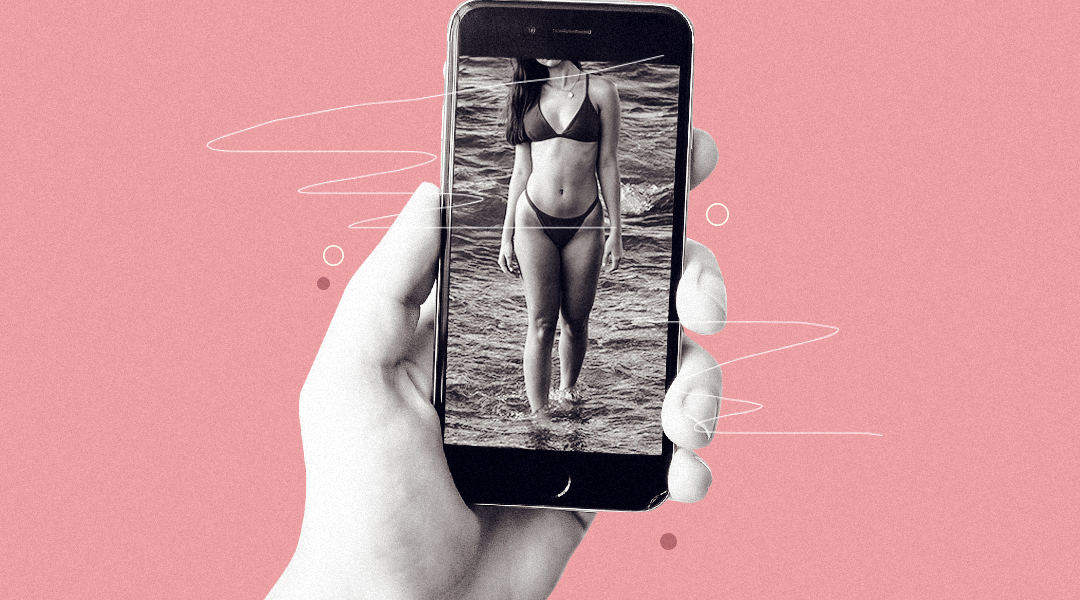After a minor who lied about her age became the subject of Twitter debate for posting a video of herself looking seductive with nothing but her underwear on, people were quick to pull the body positivity card.
As the issue progressed, the 14-year-old confessed to Twitter that she had been hiding her age in fear of being inappropriate. She then went on to share that growing up, she had been self-conscious about her body and that the post had actually helped her feel good about herself, thus deciding not to take the video down. Many of her followers sent words of encouragement and praise, telling her that her confidence was admirable. Most of them were men or in the same age group as her.
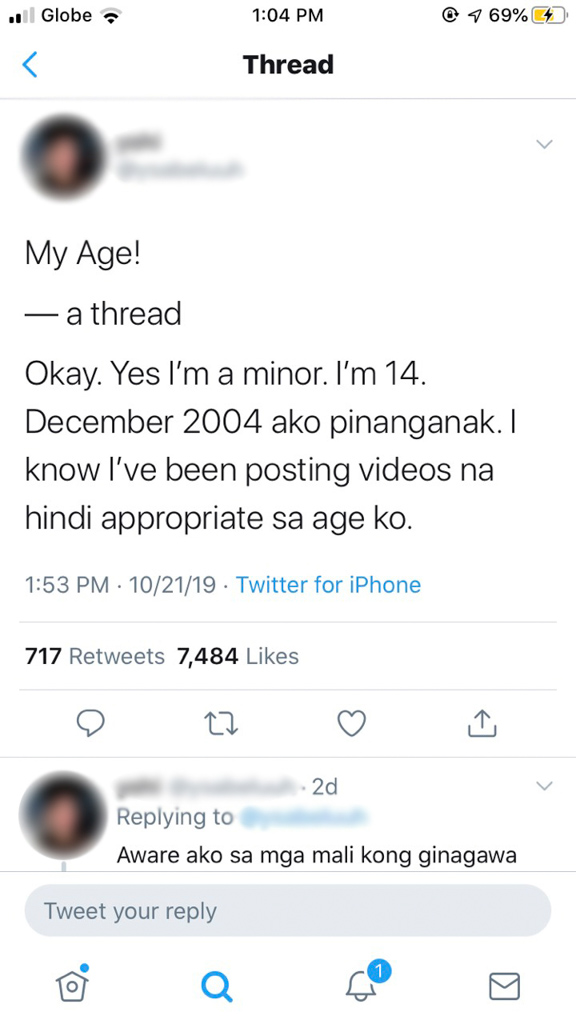
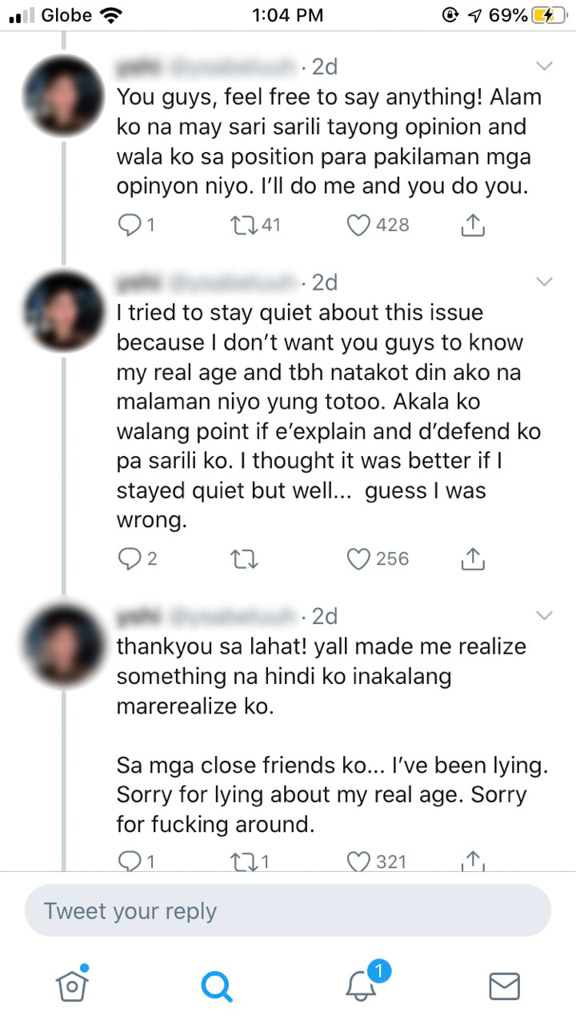
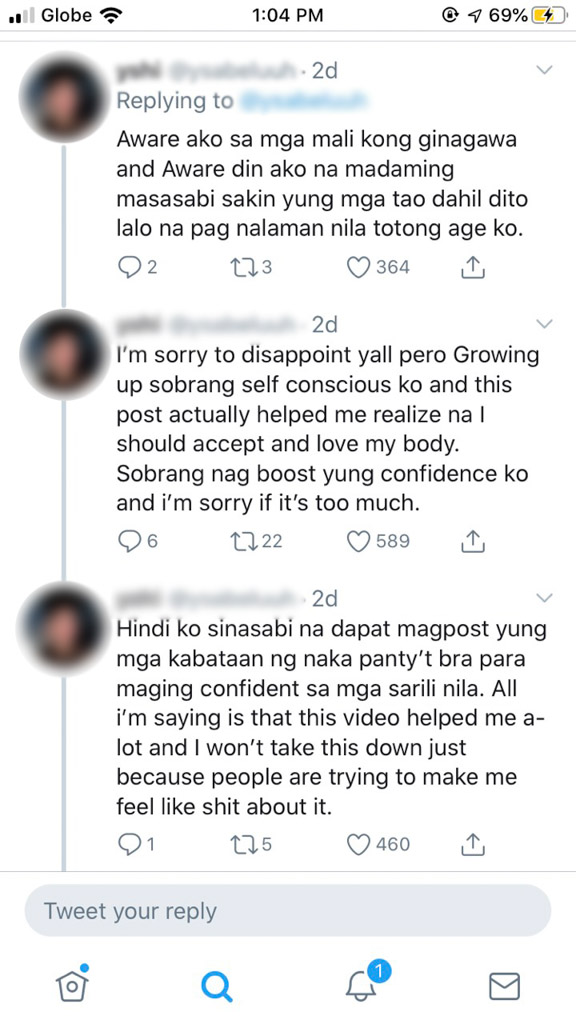
It is no surprise that as humans, we are susceptible to phenomenons that make us feel desired. Self-objectification is so thinly veiled as ownership over one’s body that it creates a blurred line between body positivity and self-objectification. While the meaning of empowerment and objectification is subjective to each person, there’s one clear distinction; it is the power one holds.
Being body positive is a great thing. After all, the movement was started to erase the preconceived notions about the validity of bodies. It was created to encourage and help people with marginalized bodies feel entitled to self-love, which was something that was previously reserved for people in privileged bodies.
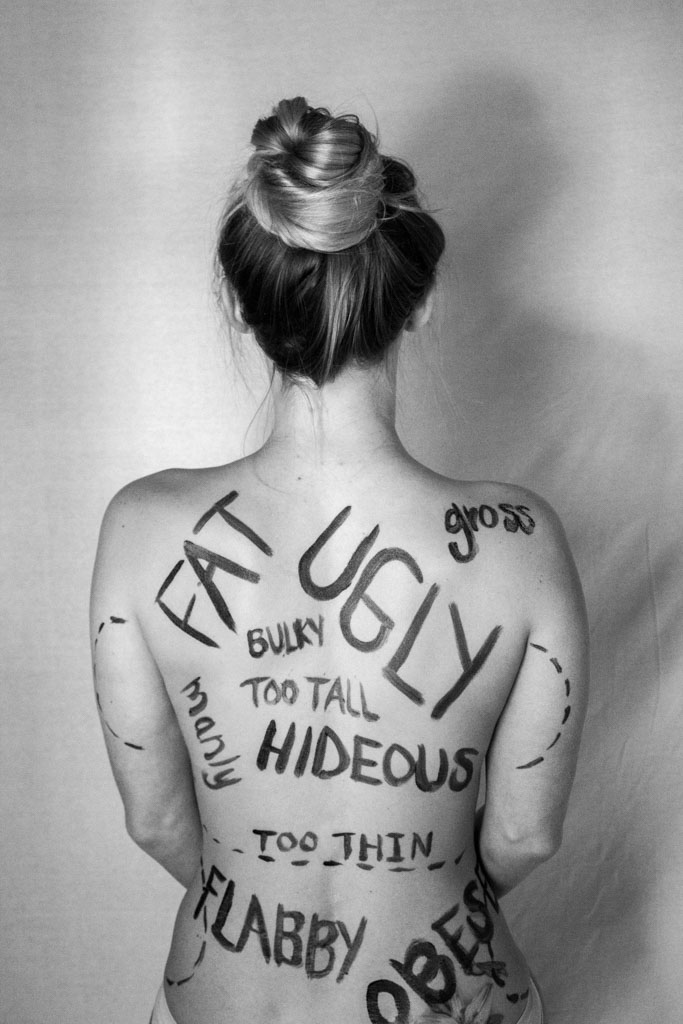
As beauty standards, especially on women, continue to prevail in the commercialized sector, it is difficult to tell when women feel compelled to do things because they have to or because they want to. The power to choose and the power to give consent is the vital factor here. And with the issue of the minor posting her NSFW (not safe for work) pictures, underage people are legally not capable of giving consent yet.
Posting NSFW content when you’re a minor falls under child pornography. Regardless of the situation, Republic Act No. 9775 refers to child pornography as “any representation, whether visual, audio or written combination thereof, by electronic, mechanical, digital, optical, magnetic or any other means, of a child engaged or involved in real or simulated explicit sexual activities.”
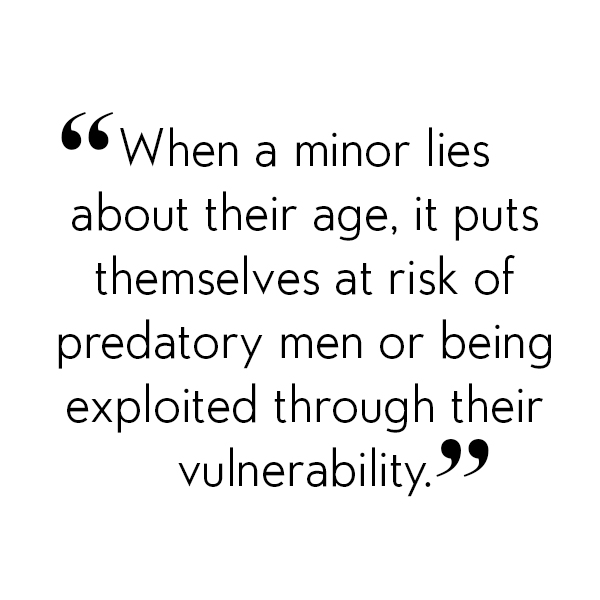
When a minor lies about their age, it puts themselves at risk of predatory men or being exploited through their vulnerability. They could also endanger not only themselves for lying, but those around them as well for distributing or accessing child porn.
But let’s be clear about one thing: this isn’t to slut-shame people for posting their underwear or nudes on social media. There’s nothing wrong with being sexually empowered… but as a minor who has yet to make informed decisions, they have to understand that the reclamation of sexuality and power isn’t just about posting pictures on social media. Plus, let’s face it, despite the liberties we enjoy, there are rules and rigors to follow, no matter how laced in propriety and modesty it is. At the end of the day, and you will realize this soon, it is also for your own good. And while it feels good to be admired, predatory dangers are certainly not worth the clout.
